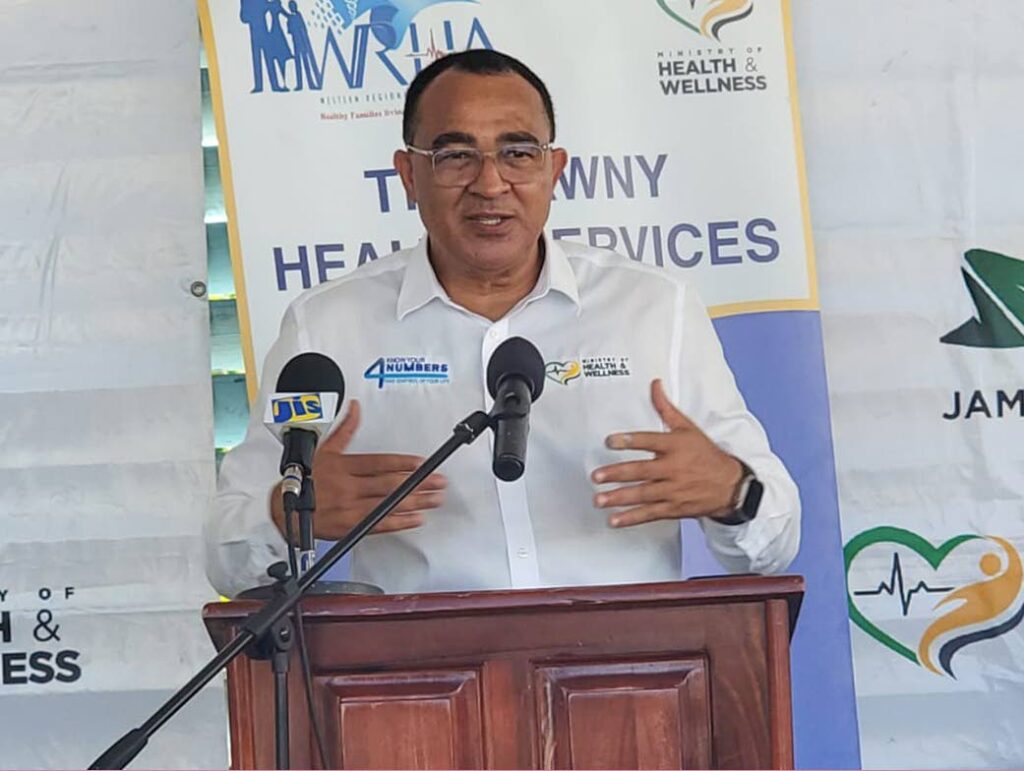Don't Suffer in Silence: Understanding Bladder Health & Continence This World Continence Week

Taking Control of Your Bladder Health: Why It's Time to Talk
World Continence Week is here, and it's a vital reminder to prioritize a often-overlooked aspect of our wellbeing: bladder health. It’s a topic surrounded by stigma and silence, but the truth is, bladder issues are far more common than many realize, affecting both women and men of all ages. Let's break down the myths and empower ourselves with knowledge and solutions.
The Reality of Bladder Leaks: You're Not Alone
Did you know that a staggering one in three women over 35 experience bladder leaks? This isn't a sign of weakness or old age; it’s a common medical concern with various underlying causes. While it’s often associated with childbirth and menopause in women, men can also experience bladder problems due to prostate issues, surgery, or simply the natural aging process.
What's Causing Your Bladder Issues?
Several factors can contribute to bladder problems, including:
- Weakened Pelvic Floor Muscles: These muscles support the bladder and urethra. Pregnancy, childbirth, and aging can weaken them.
- Urinary Tract Infections (UTIs): Frequent UTIs can irritate the bladder lining and cause urgency and frequency.
- Prostate Enlargement (in men): An enlarged prostate can put pressure on the bladder and urethra, leading to difficulties with urination.
- Medications: Certain medications, like diuretics, can increase urine production.
- Neurological Conditions: Conditions like multiple sclerosis or Parkinson's disease can affect bladder control.
Beyond the Embarrassment: The Impact on Quality of Life
Living with bladder issues can significantly impact your quality of life. The constant worry about leaks can lead to social isolation, anxiety, and a reluctance to participate in activities you enjoy. It’s crucial to remember that you don't have to live with this discomfort and embarrassment.
Solutions & Support: Taking Back Control
Fortunately, there are many effective solutions available to manage and improve bladder health. These include:
- Pelvic Floor Exercises (Kegels): Strengthening these muscles can significantly improve bladder control.
- Lifestyle Changes: Reducing caffeine and alcohol intake, managing weight, and quitting smoking can all positively impact bladder health.
- Medications: Your doctor may prescribe medications to help control bladder spasms or reduce urine production.
- Medical Devices: Pessaries (for women) and urethral inserts (for men) can provide additional support.
- Surgery: In some cases, surgery may be an option to address underlying structural issues.
Don't Be Afraid to Seek Help
This World Continence Week, let's pledge to break the silence surrounding bladder health. Talk to your doctor about any concerns you have. Early diagnosis and treatment can make a world of difference. Numerous resources are available to provide support and information. You deserve to live a comfortable and confident life, free from the limitations of bladder issues. Don’t suffer in silence – take control of your bladder health today!
Resources: [Insert links to relevant South African healthcare websites or support groups here]





